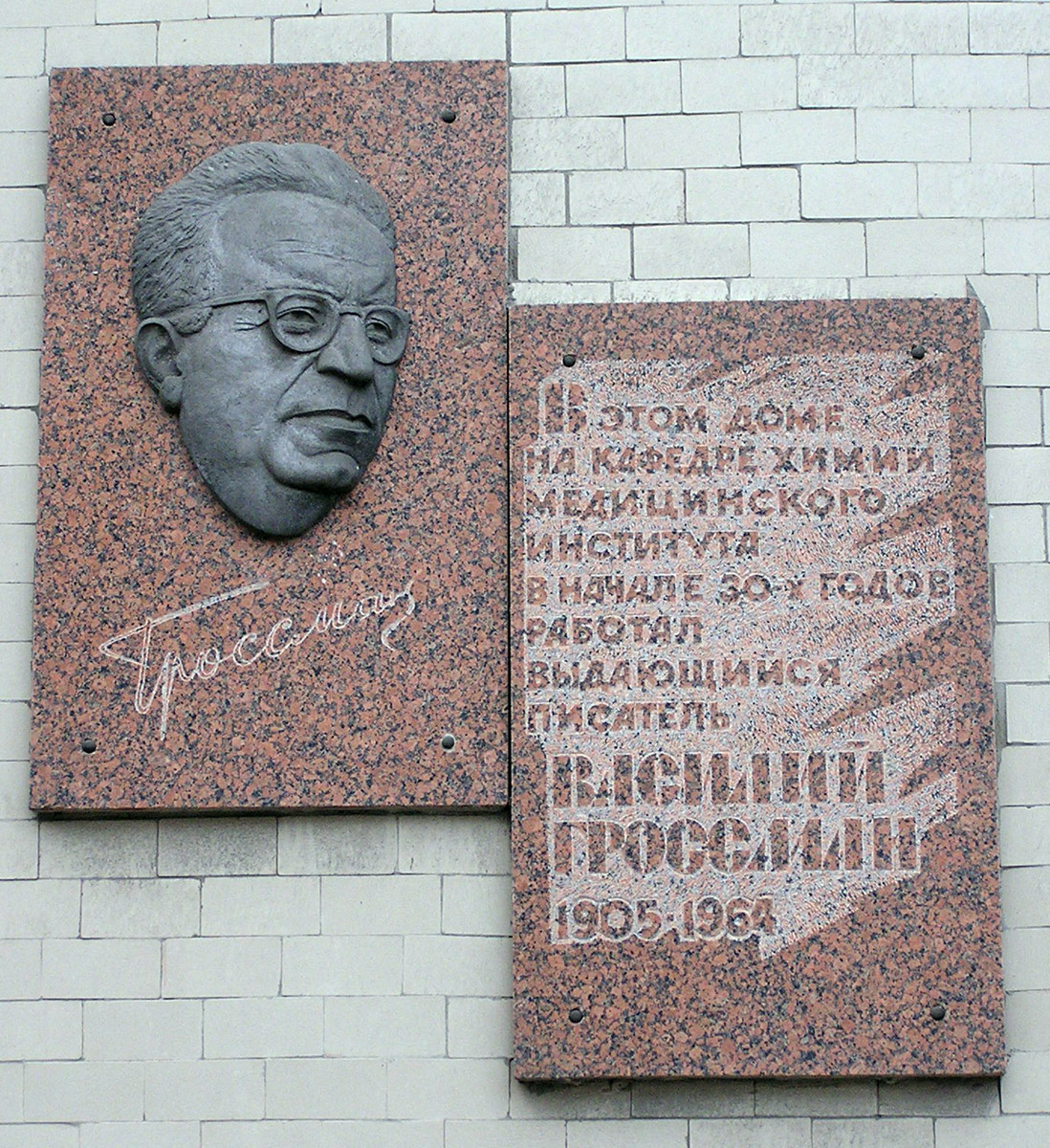“There's nothing more difficult than saying goodbye to a house where you've suffered.”
Source: Life and Fate
Vasily Semyonovich Grossman was a Soviet Russian writer and journalist. Grossman was trained as an engineer and worked in the Donets Basin, but changed his career in the 1930s and published short stories and several novels. At the outbreak of the Second World War, he became a war correspondent for the Red Army newspaper Krasnaya Zvezda, writing firsthand accounts of the battles of Moscow, Stalingrad, Kursk and Berlin. Grossman's eyewitness accounts of a Nazi extermination camp, following the discovery of Treblinka, were among the earliest. Grossman also translated Armenian literature into Russian, despite the fact that he could not read Armenian, instead working on the basis of an interlinear translation.
After World War II, Grossman's faith in the Soviet state was shaken by Joseph Stalin's turn towards antisemitism in the final years before his death in 1953. While Grossman was never arrested by the Soviet authorities, his two major literary works were censored during the ensuing Nikita Khrushchev period as unacceptably anti-Soviet, and Grossman himself became in effect a nonperson. The KGB raided Grossman's flat after he had completed Life and Fate, seizing manuscripts, notes and even the ribbon from the typewriter on which the text had been written. Grossman was told by the Communist Party's chief ideologist Mikhail Suslov that the book could not be published for two or three hundred years. At the time of Grossman's death from stomach cancer in 1964, these books were unreleased. Copies were eventually smuggled out of the Soviet Union by a network of dissidents, including Andrei Sakharov and Vladimir Voinovich, and first published in the West, before appearing in the Soviet Union in 1988.

“There's nothing more difficult than saying goodbye to a house where you've suffered.”
Source: Life and Fate
1960s
1960s
1960s
Source: Everything Flows
Source: Life and Fate (1959), Chapter 2, page 5
Source: Life and Fate (1959), Chapter 2, page 5
1960s
1960s